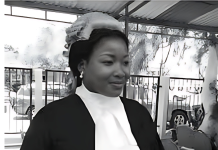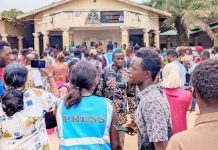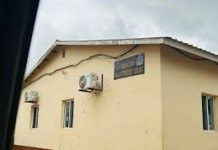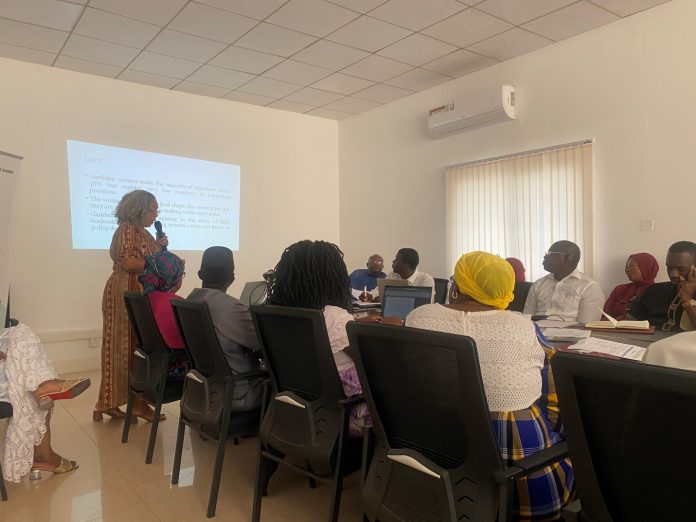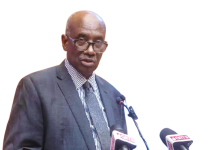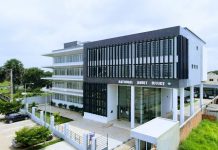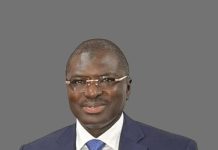By Mustapha Jallow
The ECOWAS Permanent Mission in The Gambia, in collaboration with TANGO and WANEP, convened a high-level discussion on Thursday to explore strategies for increasing women’s participation in political leadership.
The dialogue held under the theme “Gender Inclusion Geared Towards the Deepening of Democracy and Good Governance in The Gambia,” took place at the ECOWAS Mission in Fajara.
The forum brought together ECOWAS officials, representatives from TANGO and WANEP, civil society organizations (CSOs), human rights activists, and gender equality advocates. Discussions focused on addressing the barriers preventing women from assuming leadership roles and identifying ways to enhance their political engagement.
Her Excellency Miatta Lily French, Head of Mission and Resident Representative of the ECOWAS Commission in The Gambia, expressed concern over the low number of women in political positions.
“In the last presidential election, there was only one female candidate. We want to change this, and we know it is never too early to start preparing women for politics. It takes time, resources, and a shift in mindset for people to accept that a woman standing in front of them deserves their vote,” she said.
French highlighted that although women make up the majority of voters, their representation in elected positions remains minimal.
“Women in The Gambia, like in many West African countries, show up in large numbers at polling stations on election day. But when it comes to running for office or being appointed, their numbers dwindle significantly. The representation of women in Parliament remains disappointingly low,” she added.
The session aimed to spark deeper conversations on empowering women to fully participate in political processes. French reaffirmed ECOWAS’s commitment to gender equality, stressing that inclusive political representation is essential for democratic growth.
“As we work to build societies, we cannot leave women behind. Political participation is a crucial part of development. Policies are shaped by those in leadership, and if women are not at the table, they risk losing out on policies that directly impact them,” she noted.
Salama Njie, WANEP Coordinator, and Yadicon Eribo of TANGO echoed her sentiments, pointing to the challenges women face in politics, including systemic discrimination and male dominance in leadership spaces.
Despite making up 58% of registered voters in The Gambia, women remain underrepresented in key political roles. Njie and Eribo emphasized the need for deliberate policies and sustained advocacy to bridge this gap.
While efforts to promote gender equality in politics have made some progress, women across West Africa continue to face entrenched barriers. Cultural and societal norms often discourage them from pursuing leadership positions, leading to a persistent gender gap in political representation.
In The Gambia, like in many neighboring countries, women are active voters but struggle to secure political positions. Many face public skepticism, gender-based violence, and intimidation when attempting to enter the political arena. The discussion at the ECOWAS Mission underscored the urgent need for policy reforms and grassroots mobilisation to break these barriers and promote meaningful female participation in governance.








